William Mundala, best known as Tiakola, is a 26 years old French-Congolese artist who is destined for greatness. Raised in France in a Congolese household, la mélo always viewed the world from a unique perspective. After years as part of a music group, he decided to take matters into his own hands and began making solo music. To this day, Tiakola is one of the few Afro-Francophone acts to break into the English-speaking music market, all organically.
Now ready to make his mark, Deeds Magazine accompanied Tiakola on a journey of a lifetime: a return to his roots in Kinshasa, Congo. We sat down with the young star to get a glimpse into his mindset as he continues to cross musical barriers and expand his sonic landscape.

Laurène from Deeds Magazine: Good day Tiakola, would you like to introduce yourself to our Deeds audience?
Tiakola: Yeah sure, I’m Tiakola, a French artist from La Courneuve where I grew up. I began my journey in a group called 4Keus before I ventured into a solo career.
Before we talk about your transition; you were born in France but your origins are from Congo. What does your heritage represent to you today, especially after having shot your cover with Deeds in Kinshasa?
I am a Congolese child by heart, both of my parents are from Congo and therefore, I swam in its culture since a baby. From the food, to the music, everything is inked within me. It represents my identity, my artistry and culture. In France, we grew up between dual cultures, which signifies to me not only my heritage but also my sense of pride.
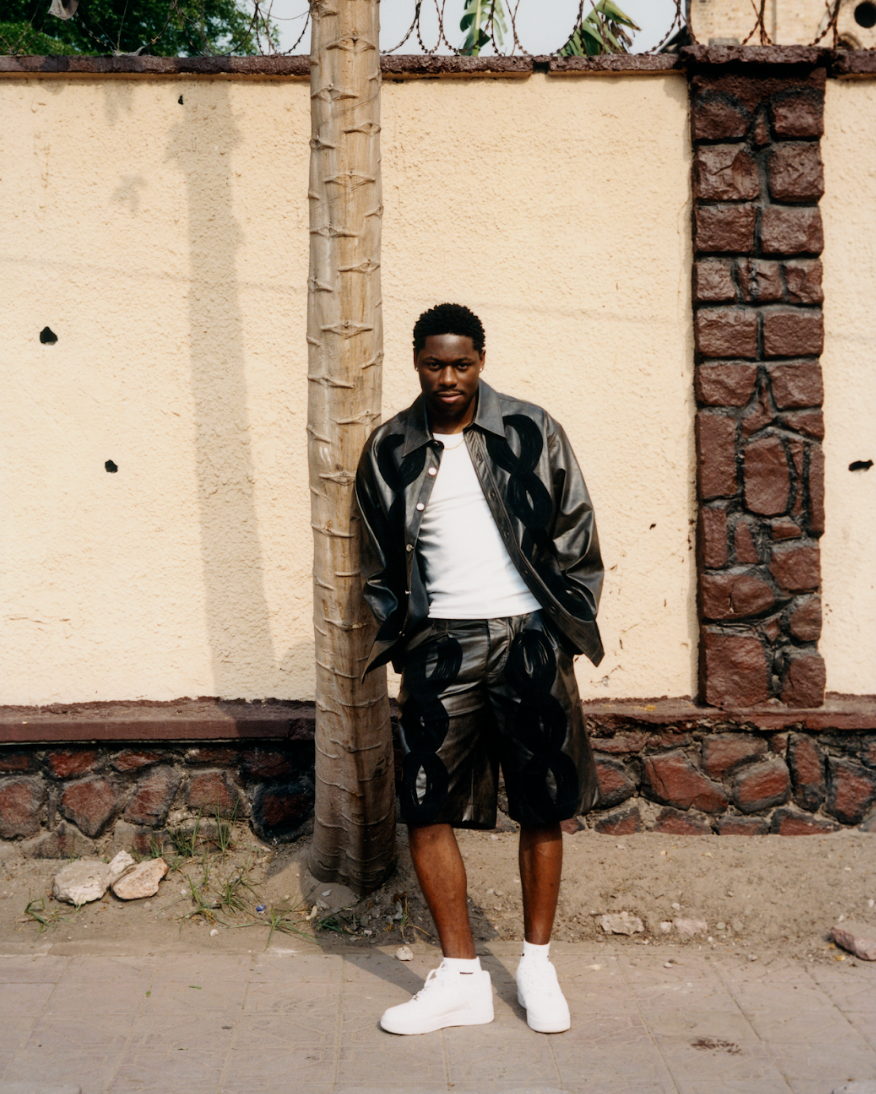
That’s very well put and I’m sure like myself, a lot of Congolese from the diaspora will relate. Before you embarked on a solo career, you were part of the group 4Keus. What did this period in time teach you? And how did it help you to forge your own universe?
If I had to do it all over again, I would do it a dozen times more. To start within a group is a blessing. This is because you’re with your buddies all of the time, you grow up together, you become professional together and also, I think when you’re sharing the spotlight, it helps you to gain confidence in yourself. You’re not alone in facing the pressure of stardom and so, you can loosen up a little.
This brings fond memories… You’re often declared as the pioneer of mélo, a subgenre between singing and rap. How would you define this to someone who doesn’t speak French?
The truth is rap and mélo always coexisted in France. I think I created not on purpose the mélo of Tiakola, so to speak. It’s stylistically a very street mélo, because even though I write rap texts, you can sing them mélo.
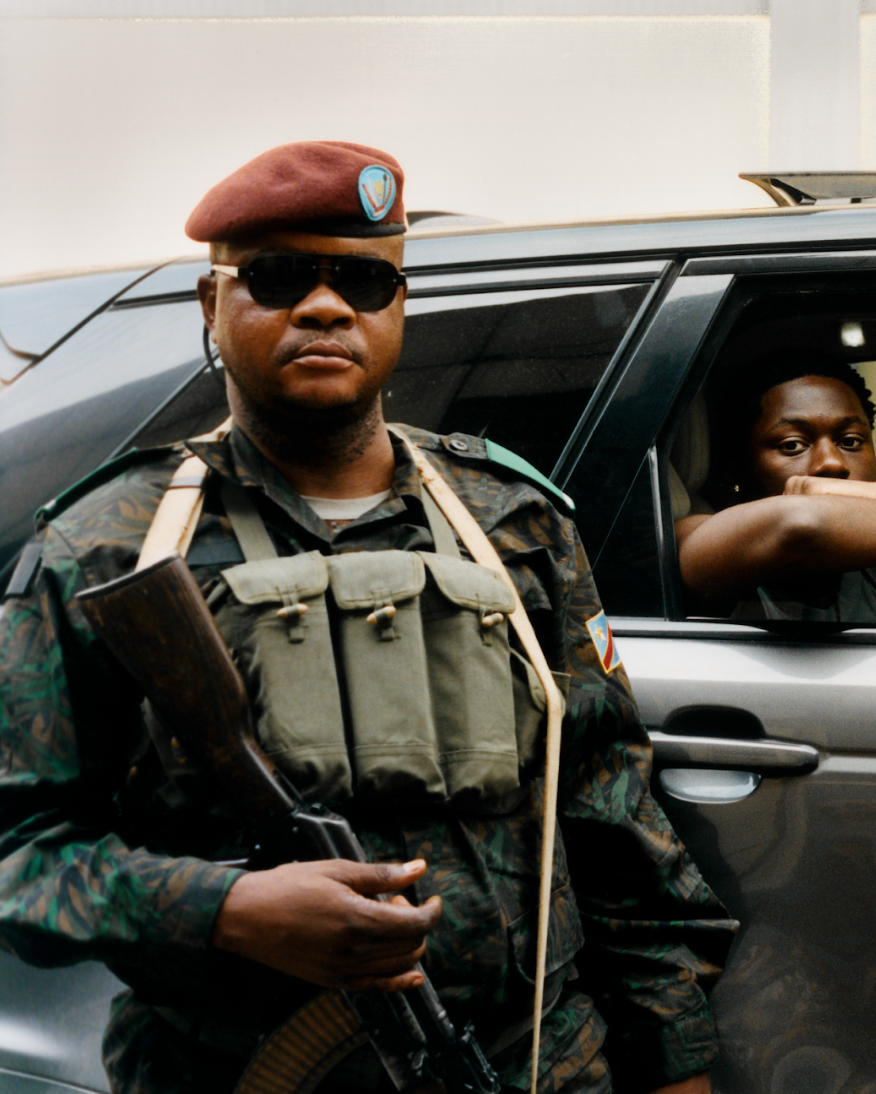
That makes total sense. Your collaboration with Yoruba star Asake on ‘Badman Gangsta’ surprised everyone. With this feature, you became the first Congolese-French artist to top number one on the TurnTable Nigeria Top 100. This is a first in history, not to mention Longomba - Ndombolo in the 2000s. How did this link occur and what did you take away from this experience?
It was a very good experience. Asake is an artist I listen to a ton. He speaks for a lot of people through his music. We first met at a studio in London and honestly, we had a connection right away. The energy you hear through the music is what echoed in our studio session, no lie. And when it’s no lie, it makes for great songs.
Yes indeed. One could say due to selected collaborations and your recent tour in the US, you managed to reach a completely new English-speaking audience. Who do you listen to in this sphere, whether it is Afrobeats, R&B or rap?
I still listen to the classics from before, whether it is in Afrobeats Bracket, P Square, Wizkid and in the new gen scene Rema as well… In the US, it’s like Akon, 2Pac, J Holiday, Brandy… In Congo, the gospel side is Charle Mombaya, L’Or Mbongo, Werrason, King Kester and then you get your Fally and Koffi. Also, there is a new cat called Melo, he’s a strong one! I also listen to a lot of Malien artists like Djeneba Seck, Oumou Sangaré and Toumani Diabaté, the catalogue is so big…
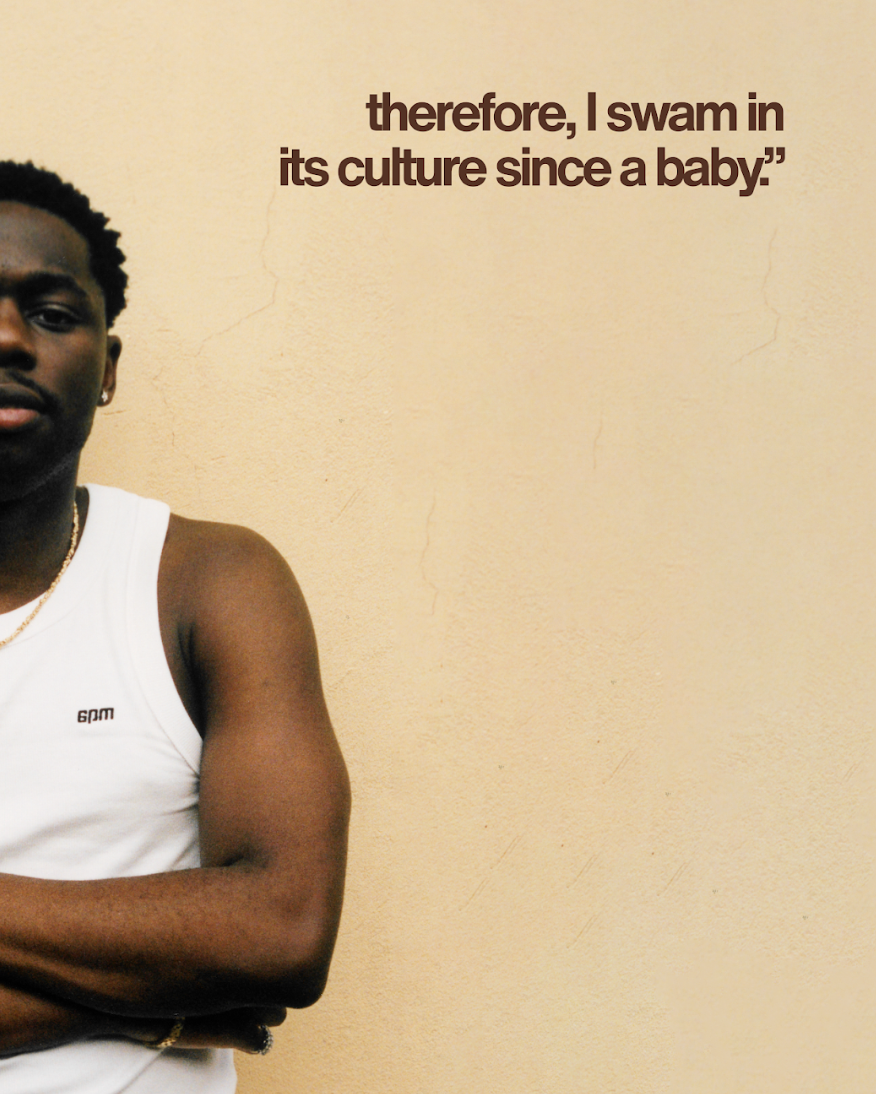
This would explain your versatility. If you had the opportunity to collaborate with any artist outside of France, who would be on top of your list and why?
There’s a good amount of artists I think it’d work out well but, bizarrely I don’t really have a wishlist per se. This is because even an artist that I listen to, if there’s no magic in the studio, then it wouldn’t come out and so, I have to be in those rooms before I can give a concrete answer.
We’ll let this one slide… Deeds Magazine loves to uncover new talents. In your opinion, which Afro-Francophone artist should we tune in?
El Mvnolo!
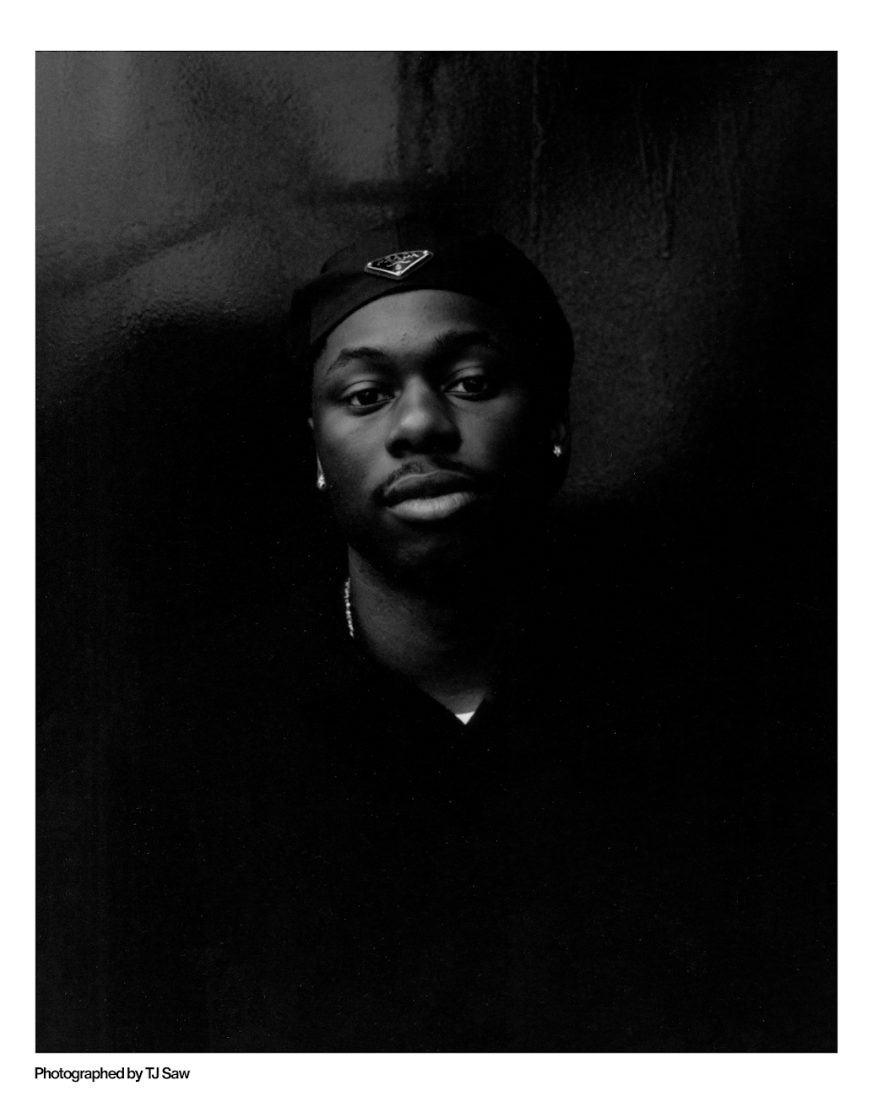
Gotcha. You seem to be at a pivotal moment, between France, Africa and the world. How do you see the evolution of Francophone African music in the years to come?
I think it will go well for our generation and the generations to come. Now we can see that when music is well made, it can reach everyone. And we talk between artists as well, there’s no longer a barrier in language when the alchemy is there, we can head far. There’s no more borders. All artists of the continent can develop here and honestly, it is very nice to see. We support everybody.
Finally, what is next for Tiakola? A new album, a tour, or maybe yet another international link up?
I am working on my second album. I am a slow artist when it comes to my time spent in the studio. I have to work on ideas for months, even years before I’m sure of releasing a project in mind. I travelled, I recorded songs all over the world. We’re also preparing a tour in the midst of it all. And for the new international link up, it will depend on the magic produced in the studio that I mentioned before.
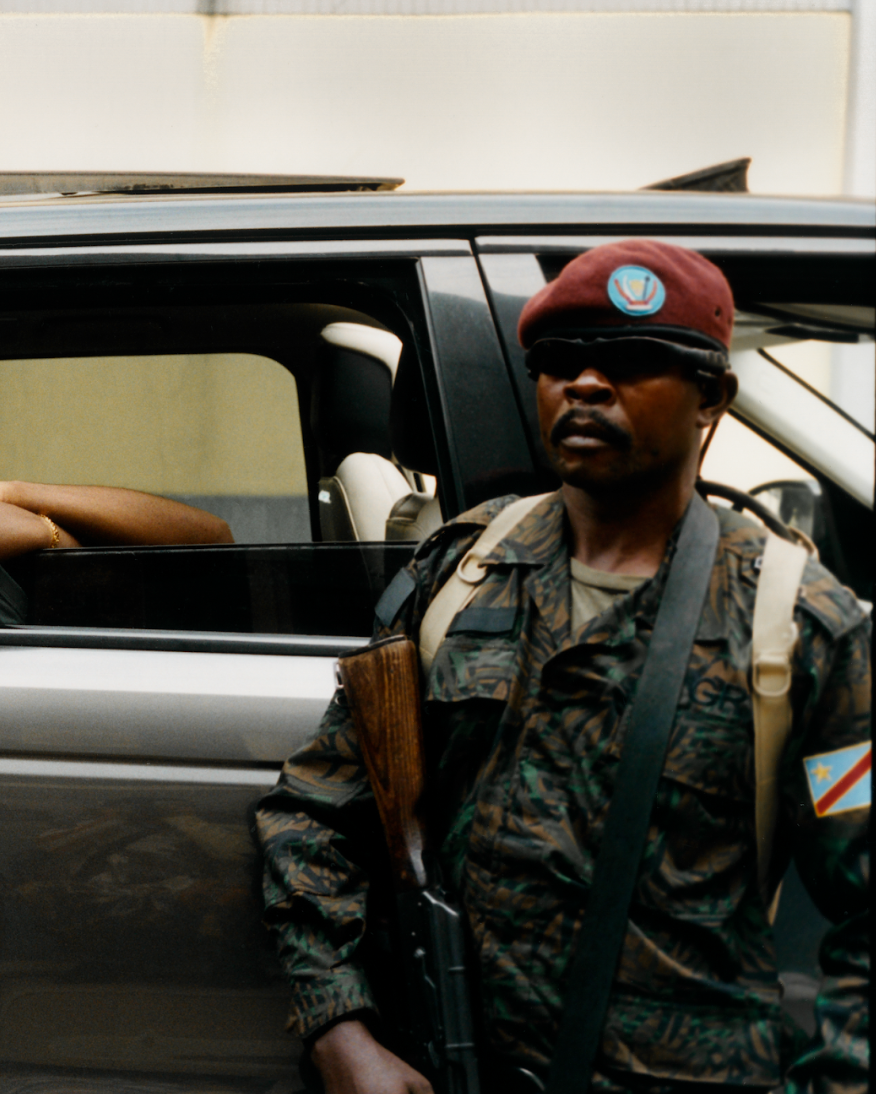
Production Credits:
Photographer + Creative Director: @tj.saw1
Executive Producer: @beni.masiala
Local Producer: Mpoy Tekela Christian
Retouch: @hilucyb
Production Assist: @slowkamunga + Magloire Mabwa
Project Manager: Seneo Mwamba @Seneomwamba & Zekaria Al-Bostani @zek.snaps
Design: @dianeadanna
Writer: Laurène Southe @laurenesouthe
Special thanks to Agnes Tshisekedi and the city of Kinshasa.
.svg)

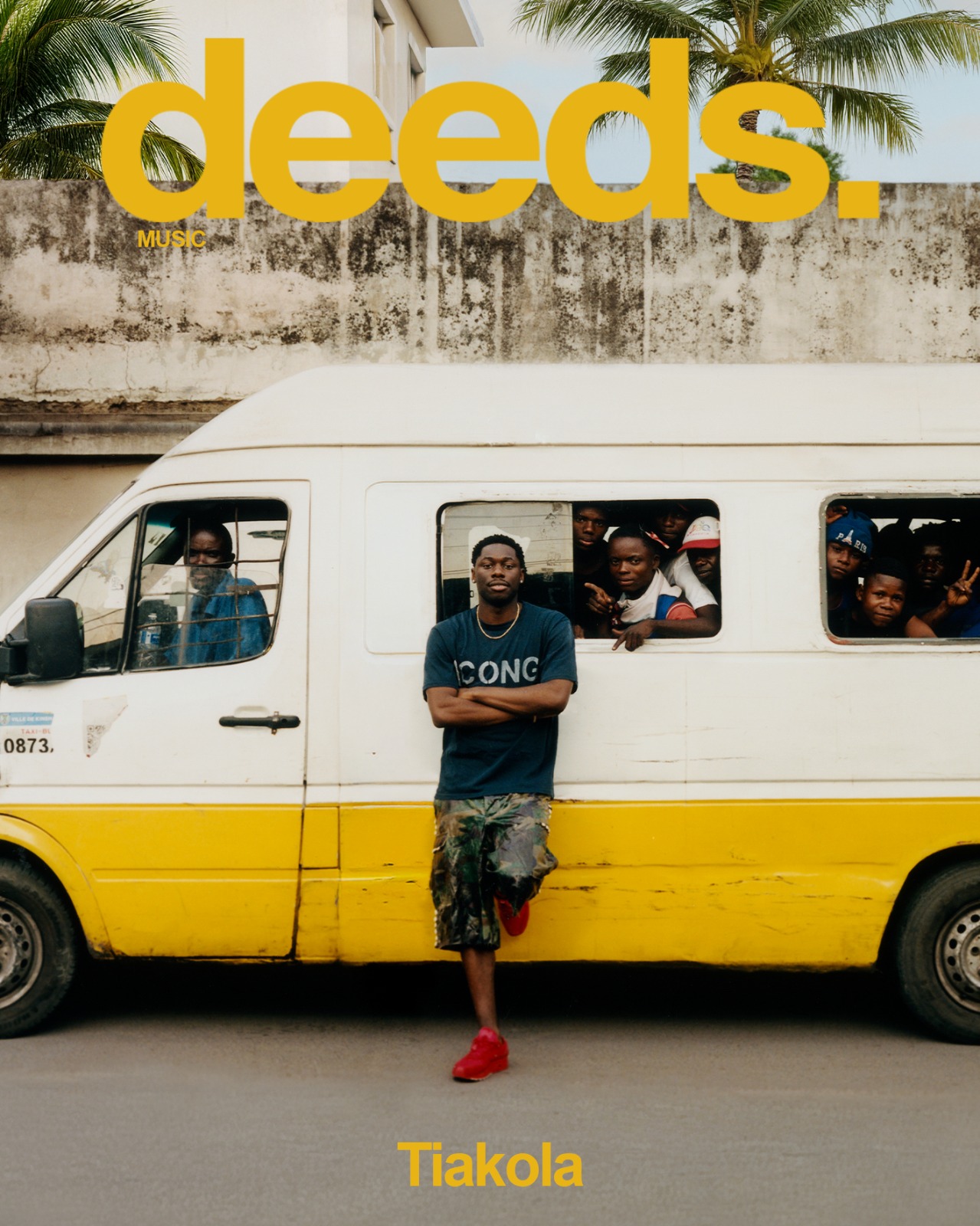
.JPG)
.jpg)



.png)

